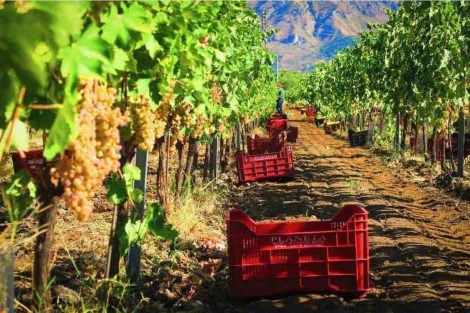After two very challenging years, the 2025 harvest in Sicily may buck the trend, with a return to normal picking times, higher quantities than in 2024, and quality already forecast by agronomists to be excellent in many cases. These observations come from Assovini Sicilia, the association representing 101 regional wine producers. In a region where the harvest lasts a full 100 days, some areas could see production rise by as much as 20% compared with a year ago.
More favourable climate
The winter of 2024/25 brought regular rainfall and a mild spring, promoting more manageable vegetative growth and ideal ripening conditions. According to Assovini, the vineyards are in “good phytosanitary condition, with fewer of the problems seen in past years, although some areas have had to manage specific challenges related to humidity”. In terms of volume, a rise is expected beyond the 2.74 million hectolitres of wine produced in 2024 (per Agea data), though experts remain cautious as August results unfold.
“Sicily,” says President Mariangela Cambria, “continues to show resilience and an ability to manage climate-related difficulties, with the goal of protecting and ensuring harvest quality.”

Mariangela Cambria – President of Assovini Sicilia
Western & south‑eastern Sicily
In the West, the most productive region by volume, expectations are high thanks to a balanced climate and robust grape health. Agronomist Filippo Buttafuoco (for Settesoli) notes “excellent vegetative-yield development and ideal health conditions.” Production is expected to be within average levels, improving on what was forecast in 2024.
In the South‑East, expectations are high after last year’s drought-induced difficulties. “There is an air of greater equilibrium,” writes Assovini, owing to a rainy winter and mild spring that supported balanced plant growth. Quantitative forecasts suggest a 20% increase in grape yields, per Marco Parisi, enologist at Feudi del Pisciotto. Particularly positive outcomes are expected for Frappato grapes: “If this trend continues, the 2025 vintage may be remembered as the best in four years.”
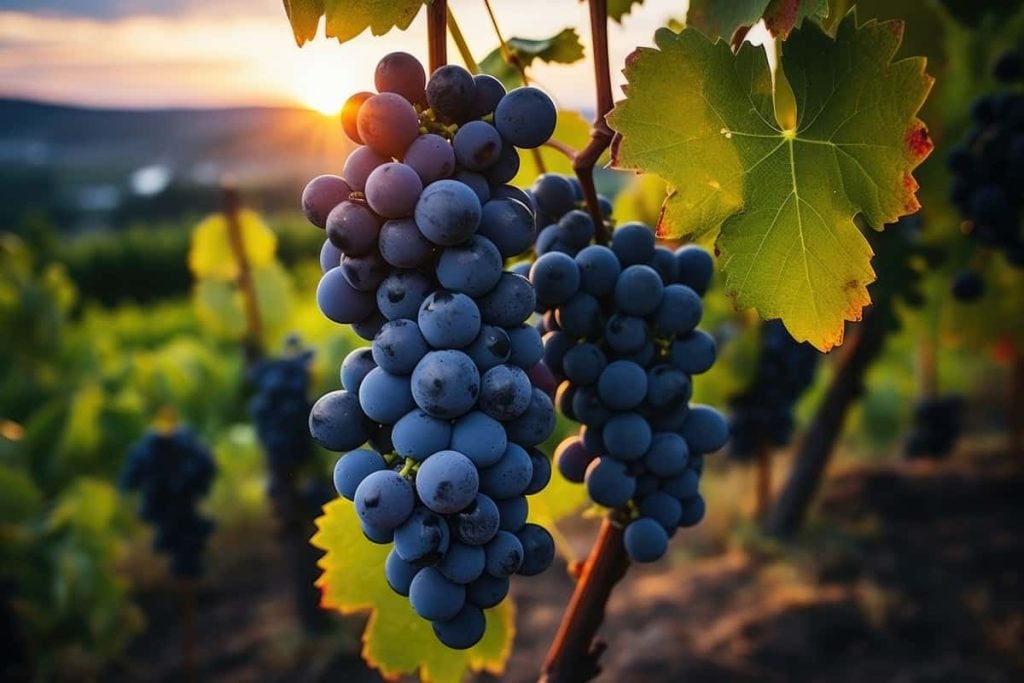
Aeolian Islands & Pantelleria
In the Aeolian Islands, harvest is about a week earlier than in 2024—due to climatic conditions and producer preference for fresher, more mineral-driven wines. Spring saw minimal downy mildew, though careful efforts were needed to control powdery mildew in the vineyard. “Water scarcity has had an impact,” explains enologist Pietro Colosi (Colosi estate), estimating a 15% drop in volume due to smaller berries. The hope is for rain in August. Overall, the 2025 vintage appears to be qualitatively strong, though “the real question remains the market: supply is high and demand is declining.”
In Pantelleria, conditions have been favourable, with a regular vegetative cycle, healthy and well-ripened grapes. Picking will start from early zones, such as Punta Karace and terraced vineyards near the sea, as explained by Antonio Rallo, CEO and winemaker of Donnafugata. Zibibbo harvest will commence after mid‑August and continue through mid‑September. “Quantity is expected below the estate average,” he notes, “but recovering from the 2024 vintage. Quality looks very promising.”
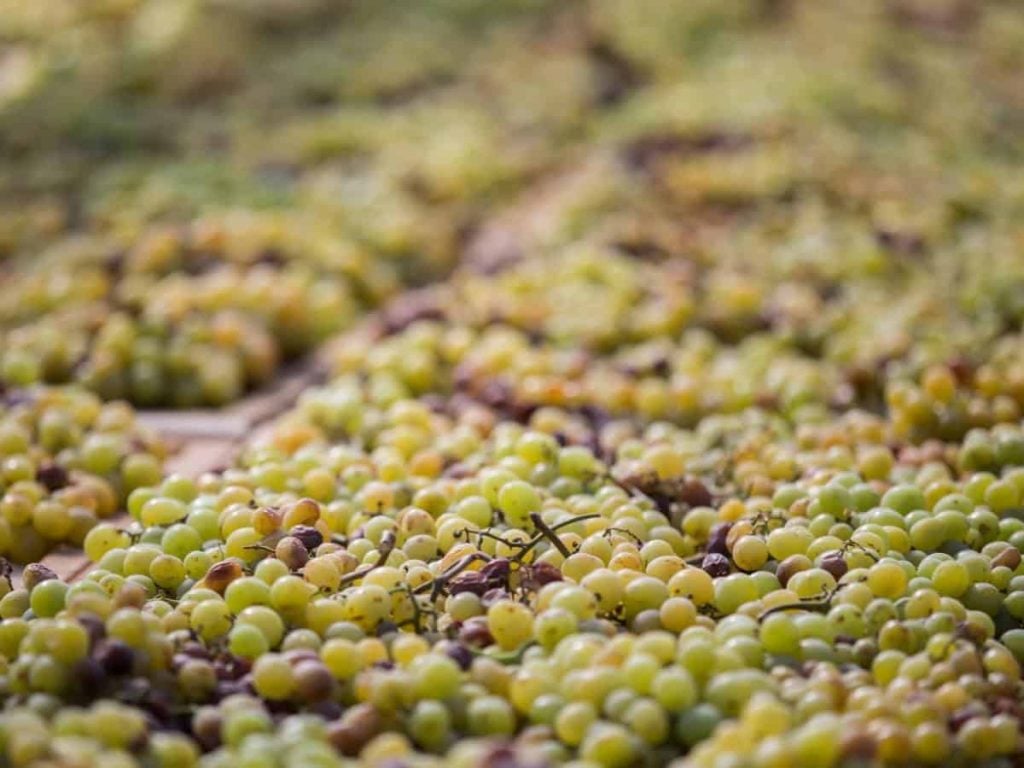
Pantelleria – Zibibbo
grapes
Good forecasts for Etna
Etna remains one of the most anticipated and widely watched areas by wine critics. Harvest begins around mid‑September. Assovini forecasts a positive outcome, with good water reserves over winter and a steady spring and summer—with some heat spikes in July accelerating cluster growth. “At present, the sanitary status looks perfect,” says Maria Carella, enologist at Tenute Nicosia, predicting a regular harvest period and “excellent quality, assuming these climatic conditions continue.” Volume is expected to exceed previous years by around 10%, thanks to the water reserves that enabled a steady ripening cycle.

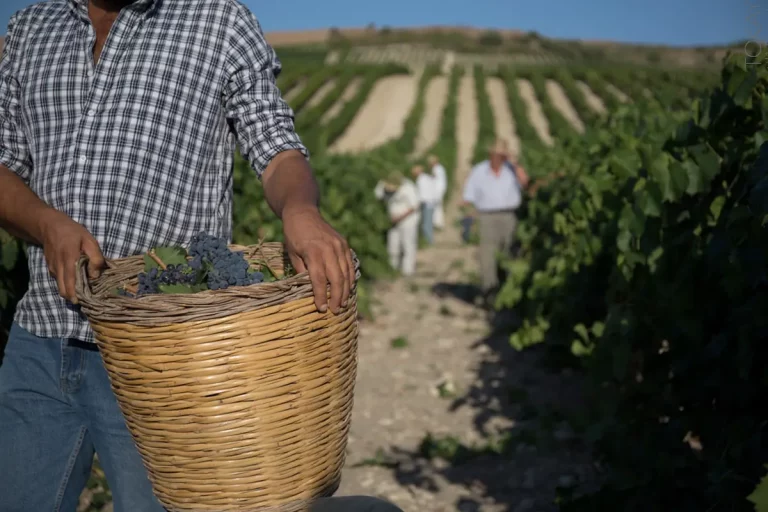
 Slow breakfasts and innovative brunches: the Salento bistrot driving food lovers wild
Slow breakfasts and innovative brunches: the Salento bistrot driving food lovers wild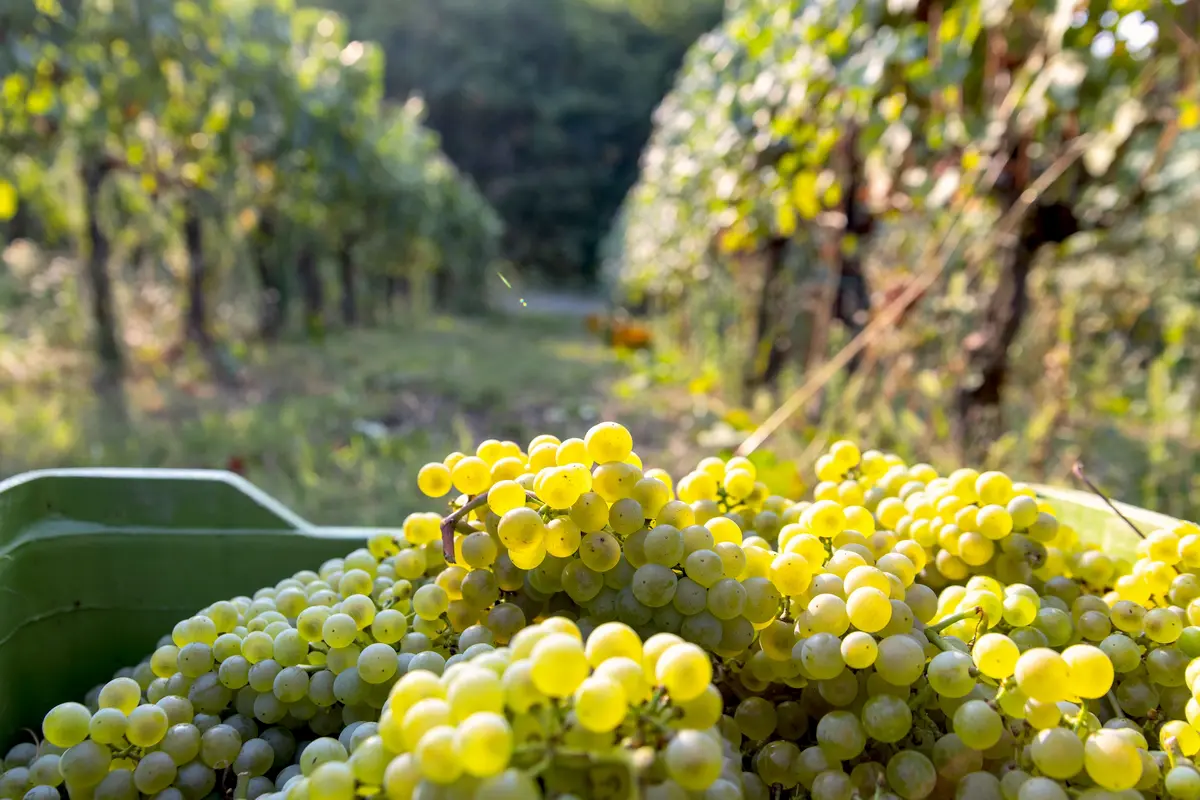 The harvest in Franciacorta has begun with excellent prospects, despite everything
The harvest in Franciacorta has begun with excellent prospects, despite everything “We’re working on tariff exemptions, but for wine more time is needed.” The European Union announces progress
“We’re working on tariff exemptions, but for wine more time is needed.” The European Union announces progress Behind Sardinia’s two most viral beaches, tables serve dishes of shepherds and charcoal burners
Behind Sardinia’s two most viral beaches, tables serve dishes of shepherds and charcoal burners Montepulciano, Trebbiano and Pecorino: here’s what the new vintages of Abruzzo wines are like
Montepulciano, Trebbiano and Pecorino: here’s what the new vintages of Abruzzo wines are like




